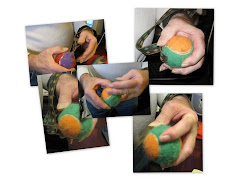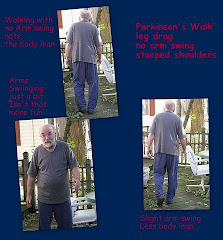Dr. Ana Maria Cuervo, associate professor at Albert Einstein Medical College in New York, NY, conducted an experiment that improved the natural cellular garbage disposal system in mice which made old liver cells act young again. Someday this may be possible with brain cells as well.
This system removes 30% of the cells' damaged proteins, taking them to inner cell structures called lysosomes, organelles of the cell containing digestive enzymes which break down the proteins. Studies show that the disposal system doesn't work as well when it gets older. This is caused by a loss of receptors on the surface of the lysosomes that causes a buildup of damaged proteins in the cell.
For the experiment, Dr. Cuervo created mice with an extra gene for the lysosomes receptors. The extra gene was added only to the liver cells and was turned on only when the mice reached middle age. When the mice were examined at the equivalent to 80 years for a human, the liver cells were able to maintain the same activity as when they were young. They removed all damaged oxidized proteins.
Dr. Cuervo is working with an animal model of Parkinson's disease "and we hopefully can prevent brain deterioration."
People who have Parkinson's Disease have a genetic mutation that can cause defective proteins later in life. Improving the brain's cellular disposal system may delay that effect.
According to Dr Cuervo they are trying to identify compounds that do the same thing. They are also looking at dietary manipulation. Modification of the diet might also prevent this system from deteriorating with age. (Possibly balancing the pH of the lysosomes might be one direction of diet.)
The findings were published in the August 10, 2008 online journal Nature Medicine.
For a quick read and diagram of Lysosomes see: http://en.wikipedia.org/wiki/Lysosome
Tuesday, August 12, 2008
Subscribe to:
Post Comments (Atom)














No comments:
Post a Comment
Welcome to Parkinsons Focus Today.
We are delighted to hear from you by comment here
or through email as found in Contact Us.
Please do not include email addresses if leaving a comment online.
Email addresses are used only for email responses.
Spammers take note: your messages will not be published. The comments section is for an exchange of ideas, not for backlinks.